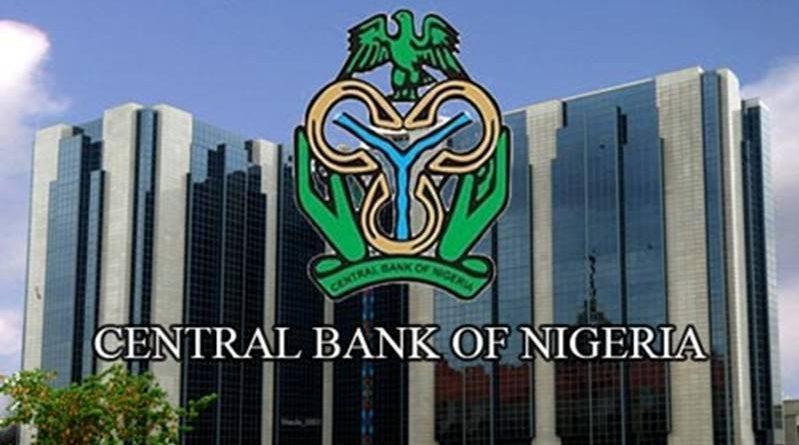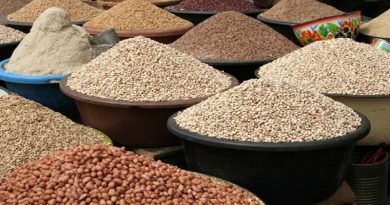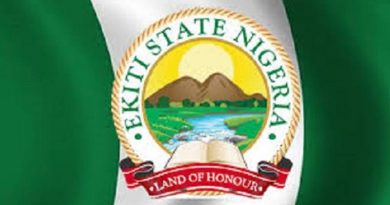CBN’s Anchor Borrowers’ Programme (ABP) still has 47.61% of loans outstanding
At least 52.39 percent of the loans issued under the Anchor Borrowers’ Programme (ABP) have been paid back, according to the Central Bank of Nigeria’s (CBN) monthly bulletin for March 2023, leaving an outstanding balance of over 47.61%. The ABP is only one of many initiatives the Central Bank of Nigeria has developed to support the government’s efforts to stimulate the economy’s productive base and promote economic growth. It is specifically used to establish business ties between smallholder farmers and processors in order to boost agricultural productivity and guarantee the stability and security of food prices. At least 4.57 million smallholder farmers had received support through the program as of the end of February 2023, with a total of N1.079 trillion disbursed to them, of which N0.96 trillion was due for repayment.
Over 6.02 million hectares of 21 different crops, including rice, tomatoes, groundnuts, maize, fish, soybeans, sesame, ginger, oil palm, and onions, have reportedly been grown by these farmers across the nation. Despite the reported successes, questions remain regarding the program’s and other sister interventions in the agricultural sector’s ability to effectively address the issue of food security given that food prices have risen over time.
From March 2015 to March 2023, food inflation increased from 9.38 percent to 24.45 percent, with prices for items like rice, maize, yams, tomatoes, and beef experiencing a steady rise. This indicates that the country’s difficulties with food price stability and security may not have enough funding. To reach expected targets regarding the processing and manufacturing of food products, other legacy issues such as insecurity, a subpar transportation system, climate-related disasters, and excessive energy costs, among others, should be addressed.




